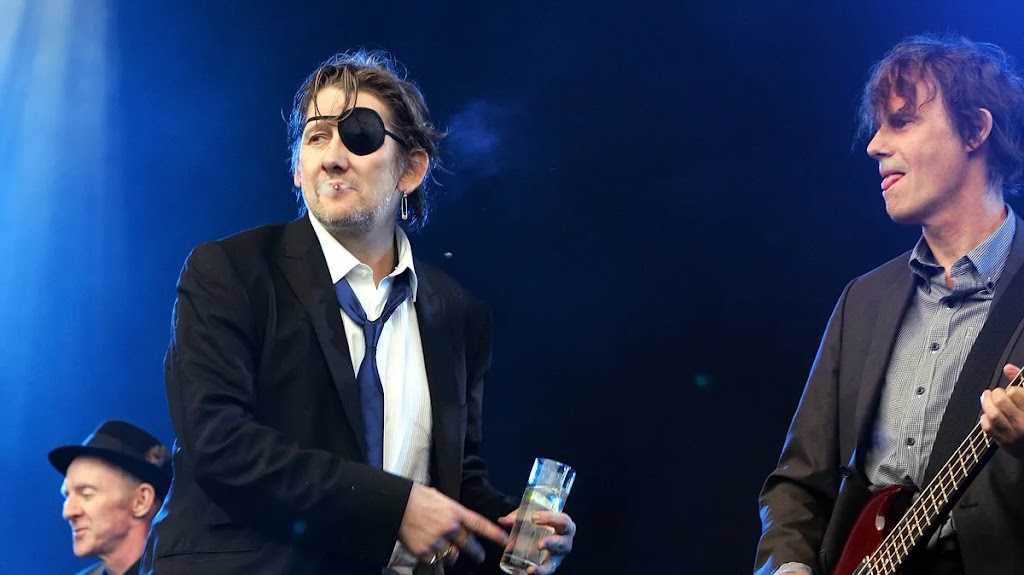An announcement from his wife, Victoria Mary Clarke, states that Shane MacGowan, the lead vocalist of the Anglo-Irish band The Pogues, has passed away.
“There’s no way to describe the loss that I am feeling and the longing for just one more of his smiles that lit up my world,” wrote Clarke on Instagram after announcing the 65-year-old’s passing.
According to Clarke’s social media posts, he passed away on Thursday following a protracted period of poor health.
According to Clarke, the singer was treated for an infection at St. Vincent’s Hospital in Dublin before being released on November 22.
While MacGowan was in the hospital, she had given followers regular updates on his condition and thanked them for their “lovely messages and prayers.”
After breaking his pelvis in 2015, MacGowan had struggled with a number of health issues and had been reliant on a wheelchair in recent times.
He was given a diagnosis of viral encephalitis last year, which is an illness that can inflame the brain and be fatal.
Additionally, in 2015, MacGowan underwent a complete dental implant procedure after experiencing multiple tooth loss due to his heavy drug and alcohol usage.
MacGowan was raised in a southern Irish farmhouse during the summers, listening to traditional Irish music, after his parents, who were Irish, moved to Kent, England, in 1957.
Along with Peter “Spider” Stacy, Jem Finer, and James Fearnley, he formed The Pogues in London in 1982, fusing punk sounds with traditional Irish folk music.
After that, The Pogues put out a number of popular albums and singles, the most well-known of which was the 1988 Christmas hit “Fairytale of New York,” a duet with English singer Kirsty MacColl.
Leo Varadkar, the prime minister of Ireland, was among the first to honour the musician. He said that MacGowan’s “songs beautifully captured the Irish experience, especially the experience of being Irish abroad” in a post on X on Thursday.
Michael D. Higgins, the president of Ireland, praised MacGowan’s extensive body of work and declared in a statement that he “will be remembered as one of music’s greatest lyricists.”
“His words, which encompass so many human emotions in the most poetic of ways, have connected Irish people all over the globe to their culture and history,” Higgins said.
See also: The ordeal is over, and all 41 of the trapped workers awaken


